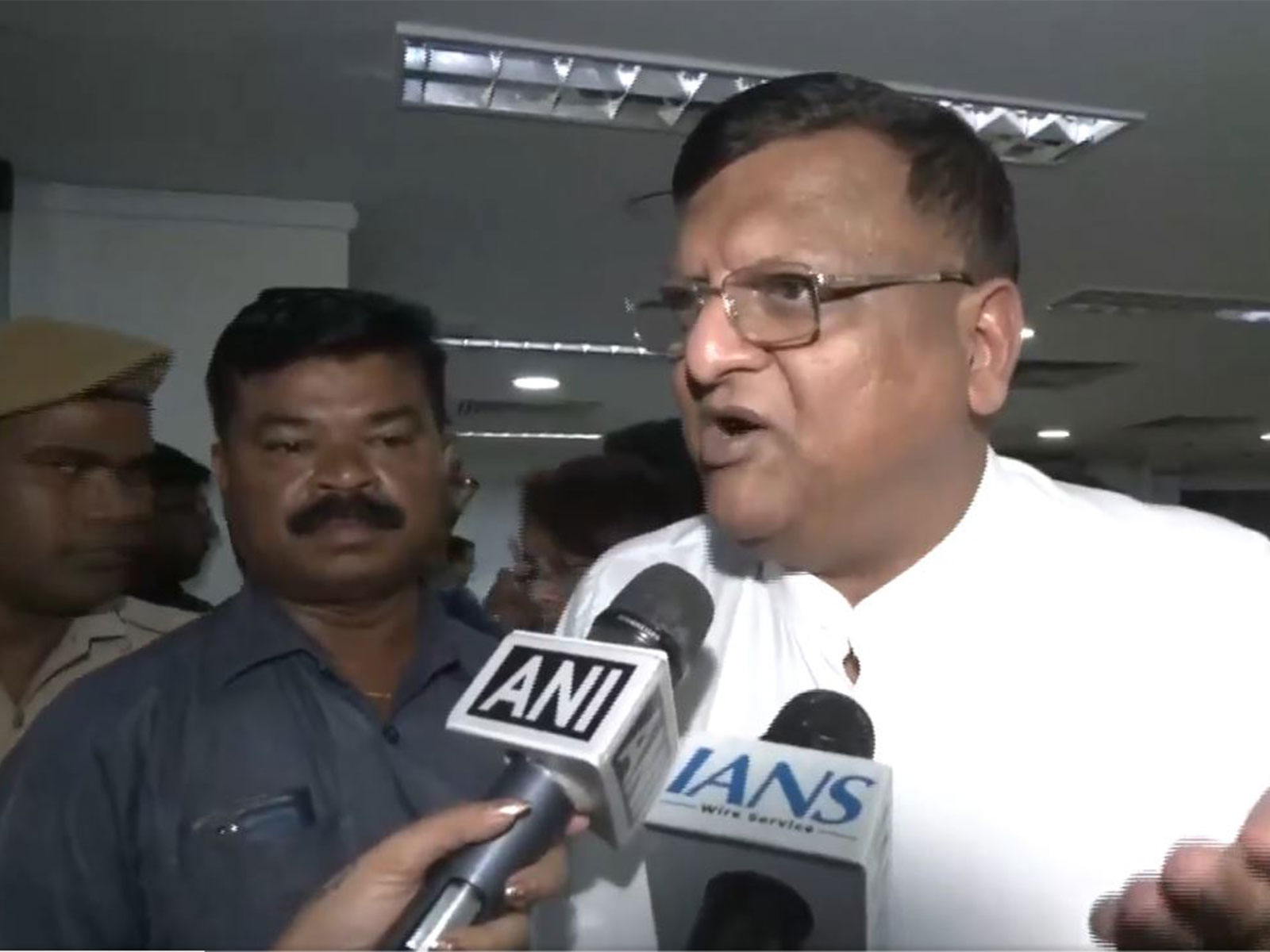Politics
West Bengal’s Chief Electoral Officer Promises Extensive SIR Execution

The Chief Electoral Officer of West Bengal, Manoj Kumar Agarwal, has announced plans for an extensive execution of the Special Intensive Revision (SIR) of electoral rolls ahead of its second phase. The initiative is set to run from November 4 to December 4 and is aimed at updating voter information across the state. Agarwal emphasized the Election Commission’s considerable resources, stating, “Let it begin. We have such a big machinery, it will be carried out extensively. Let the Booth Level Officer go in the field.”
Concerns have arisen regarding the SIR process, particularly from members of the Trinamool Congress (TMC). Abhishek Banerjee, a notable MP from the party, criticized the timing and intent of the revision exercise. He suggested that the SIR serves to disenfranchise voters in West Bengal. Banerjee asserted, “If the voting rights of genuine voters are snatched in West Bengal, then one lakh people will gherao the office of the Election Commission of India in New Delhi.”
Political Reactions and Concerns
During a press conference in Kolkata, Banerjee expressed his discontent regarding the SIR announced by Chief Election Commissioner Gyanesh Kumar. He highlighted that the announcement occurred during the Chhath festivities, which he viewed as inappropriate. Banerjee argued that the SIR is not a genuine revision of voter lists but rather a mechanism to exclude voters. He recalled a previous SIR conducted in 2002, noting that it took two years to complete, contrasting it with the current timeline of two months.
Banerjee raised questions about the SIR’s implementation across different states, pointing out that while five states—West Bengal, Assam, Kerala, Tamil Nadu, and Puducherry—are scheduled for elections next year, the SIR process has been notably absent in Assam, where the ruling party is the BJP. He questioned, “Why are they talking about One Nation, One Poll? In whose instructions is the EC working?”
His comments also extended to the geographical context of the SIR, addressing the borders shared with Bangladesh. Banerjee stated, “Five Indian states share a border with Bangladesh. West Bengal, Meghalaya, Assam, Tripura, and Mizoram. SIR is taking place only in Bengal. Why not implement SIR in the other four states which share a border with Bangladesh?”
Future Implications and Timeline
The Election Commission of India will oversee the second phase of the SIR across 12 states and Union Territories, with a final voter list expected to be published on February 7, 2026. As the process unfolds, the political landscape in West Bengal may experience significant ramifications, particularly if the concerns raised by Banerjee and other opposition leaders resonate with the electorate.
As the SIR approaches, the Election Commission aims to ensure transparency and fairness in the electoral process. The attention surrounding this revision exercise indicates the importance of voter rights and the political implications that arise from electoral procedures. With the potential for widespread public demonstrations as threatened by Banerjee, the upcoming weeks will be crucial for both the Election Commission and the political landscape in West Bengal.
-

 World3 months ago
World3 months agoSBI Announces QIP Floor Price at ₹811.05 Per Share
-

 Lifestyle4 months ago
Lifestyle4 months agoCept Unveils ₹3.1 Crore Urban Mobility Plan for Sustainable Growth
-

 Science3 months ago
Science3 months agoNew Blood Group Discovered in South Indian Woman at Rotary Centre
-

 Sports3 months ago
Sports3 months agoBroad Advocates for Bowling Change Ahead of Final Test Against India
-

 World4 months ago
World4 months agoTorrential Rains Cause Flash Flooding in New York and New Jersey
-

 Top Stories4 months ago
Top Stories4 months agoKonkani Cultural Organisation to Host Pearl Jubilee in Abu Dhabi
-

 Science4 months ago
Science4 months agoNothing Headphone 1 Review: A Bold Contender in Audio Design
-

 Top Stories4 months ago
Top Stories4 months agoAir India Crash Investigation Highlights Boeing Fuel Switch Concerns
-

 Sports3 months ago
Sports3 months agoCristian Totti Retires at 19: Pressure of Fame Takes Toll
-

 Business4 months ago
Business4 months agoIndian Stock Market Rebounds: Sensex and Nifty Rise After Four-Day Decline
-

 Politics3 months ago
Politics3 months agoAbandoned Doberman Finds New Home After Journey to Prague
-

 Top Stories4 months ago
Top Stories4 months agoPatna Bank Manager Abhishek Varun Found Dead in Well









